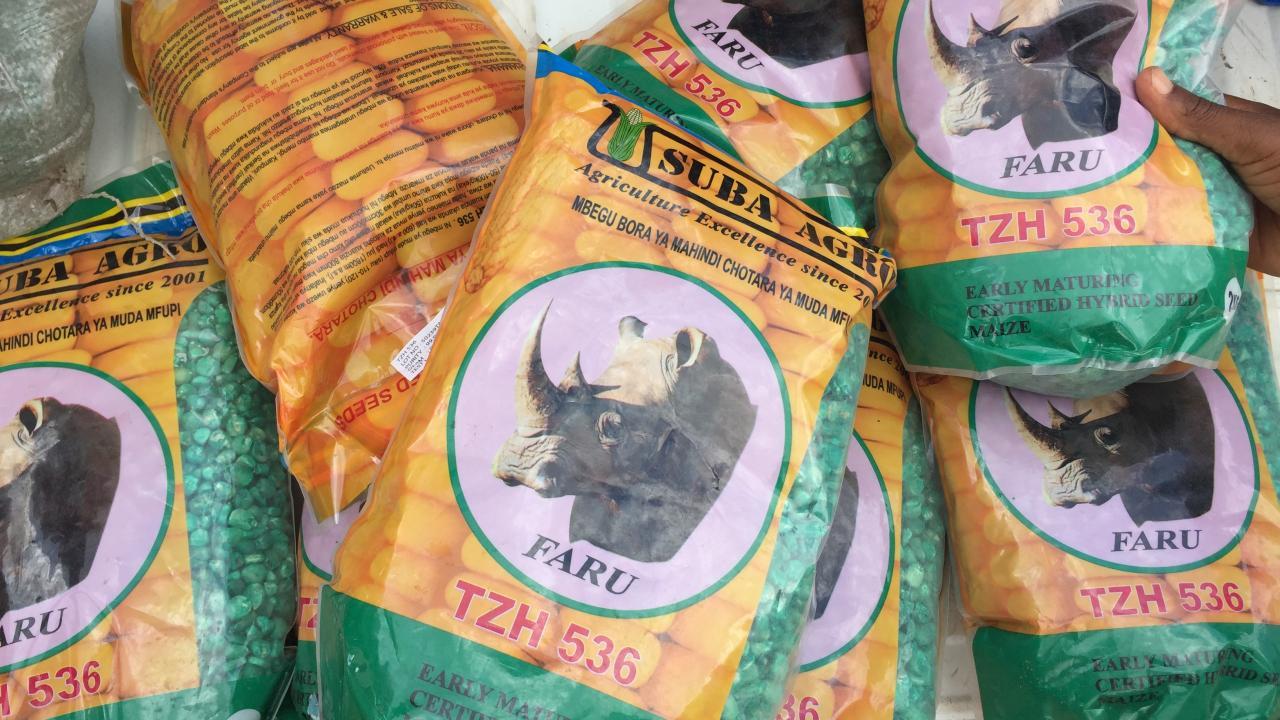
Recent years have seen the separate development of two technologies designed to help small-scale farmers manage climatic stress. The first is seed varieties that better withstand climatic stresses like droughts and floods. The second is the financial technology of index insurance that transfers risk out of small-scale farming systems by issuing compensatory payments when climatic events occur and agricultural production collapses.
Project overview
Lead PI: Michael Carter, UC Davis
Partners: CIMMYT
Timeline: 2015-2018
Funding: $2,250,000
Region: Tanzania and Mozambique
Key Innovation: Complementary drought tolerant varieties and index insurance
Commodity: Maize
These two technologies work in a similar way, but some important differences create a potential complementarity between them. The Feed the Future Innovation Lab for Assets and Market Access will test these interventions and their complementarity in an impact evaluation of the interventions in Mozambique and Tanzania.
In addition to their common ability to stabilize producer incomes in the face of shocks, both seed and financial technologies have the potential to generate a risk reduction dividend as farmers with these risk management tools may invest more heavily in their farms. Yet, these technologies also have important differences. Most importantly, stress-resistant seeds tend to fail under extremely adverse events, whereas index insurance does not.
For example, the flood resistant rice varieties can survive up to 17 days of flood-induced submergence, but beyond 17 days die and yield nothing (like conventional rice varieties). While insurance payments generally increase as stress conditions become more severe, protecting against moderate stress with insurance can be very expensive – and this moderate stress protection may be more cost effectively provided by stress-resistant seeds. This creates a natural complementarity between the seed and financial technologies.
Project Summary
While the work to date on these new technologies is encouraging, it has neither explored their complementary nature, nor has it traced out their impacts on nutrition. With new drought tolerant (DT) maize varieties ready to go to market, and with our growing knowledge of how to design effective insurance products for small-scale agriculture, now is an opportune moment to close this critical knowledge gap.
The Drought Tolerant Maize for Africa (DTMA) project has developed over 140 DT maize varieties that have been field-tested and are now beginning to reach farmers. DT field trial data reveal impressive results overall. However, under extreme drought conditions, new DT varieties, like conventional varieties, fail. It is under these conditions that novel financial technologies, like index insurance, can potentially complement and deepen the impact of DT seed technologies on the livelihood prospects and reduce the vulnerability of poor farmers.
This study will explore the determinants of uptake and measure the impacts on on-farm investment levels and nutritional outcomes of DT varieties alone and bundled with a complementary insurance product that kicks in and stabilizes farmer income at those higher drought pressure levels where DT varieties lose their efficacy.
Anticipated Impacts
This study will seek to answer three main questions: 1) can stress-resistant agricultural technologies improve nutrition and human development?; 2) are these impacts amplified when women enjoy a stronger intra-household bargaining position?; and 3) does the provision of an index insurance contract that manages extreme drought events where DT seeds fail improve the uptake and strengthen the impact of a stress-resistant seed technology?
This project is funded by USAID Associate Award No. AID-OAA-LA-15-00002.
